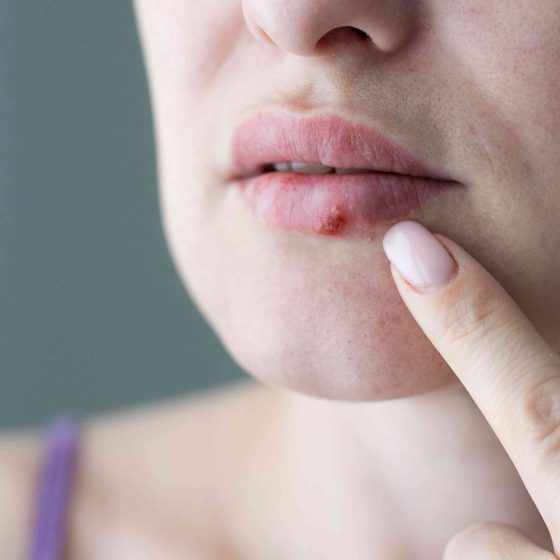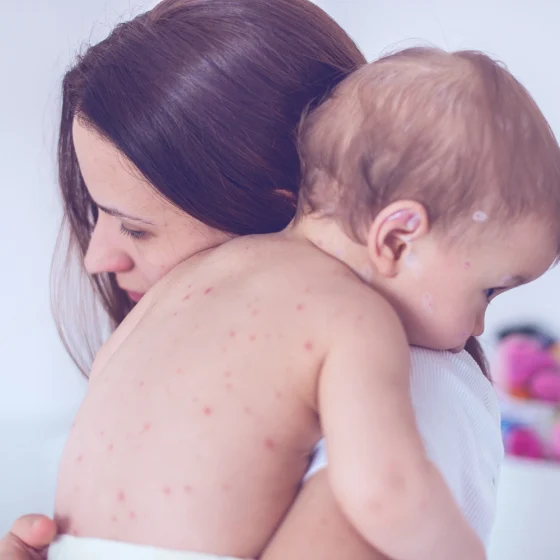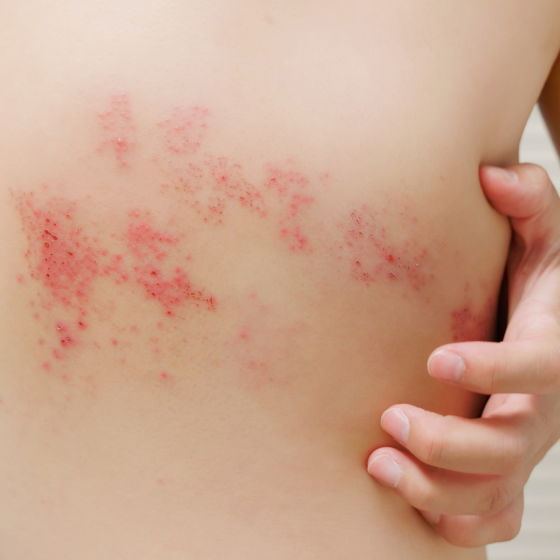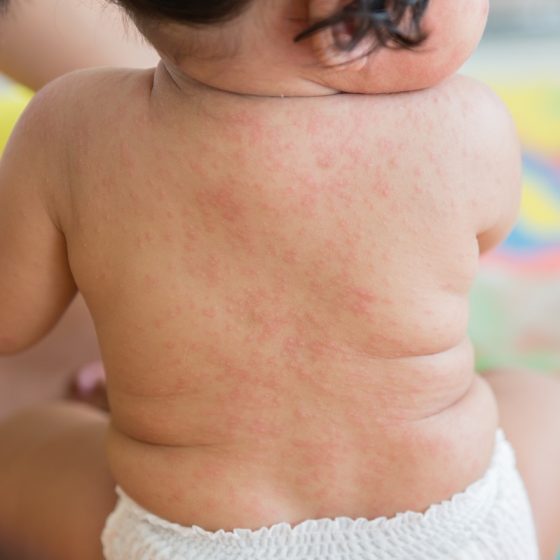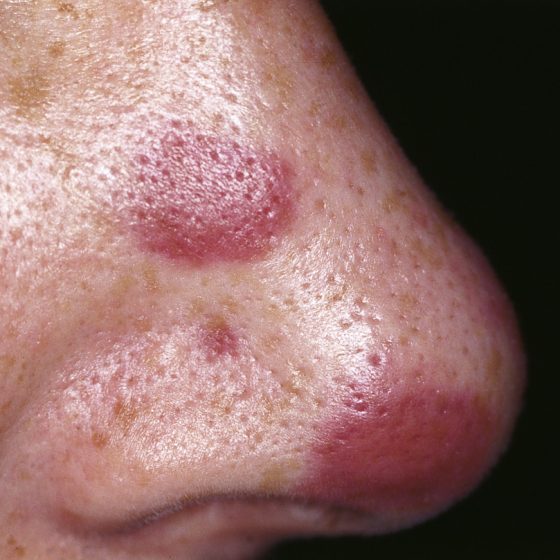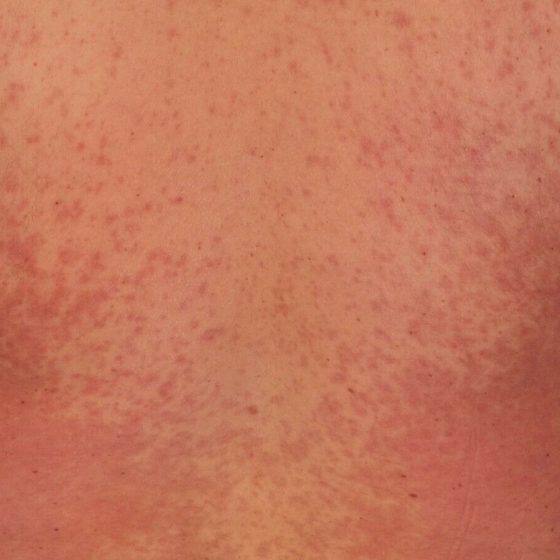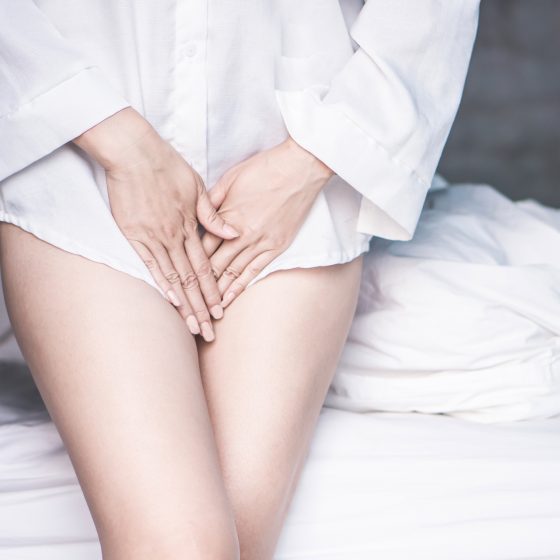Cold sores
Key facts Cold sores are small blisters, usually near the mouth. Cold sores are caused by the herpes simplex virus. Cold sores should heal on their own within 2 weeks. You can’t cure cold sores, but medicines can help ease the symptoms. Cold sores don’t cause complications in most people, but newborn babies and people with weakened immune systems have a higher risk. What are cold sores? Cold sores are small blister-like spots that appear in or around the outside of the mouth and are caused by infection with the herpes simplex virus. There is no cure for cold sores,

